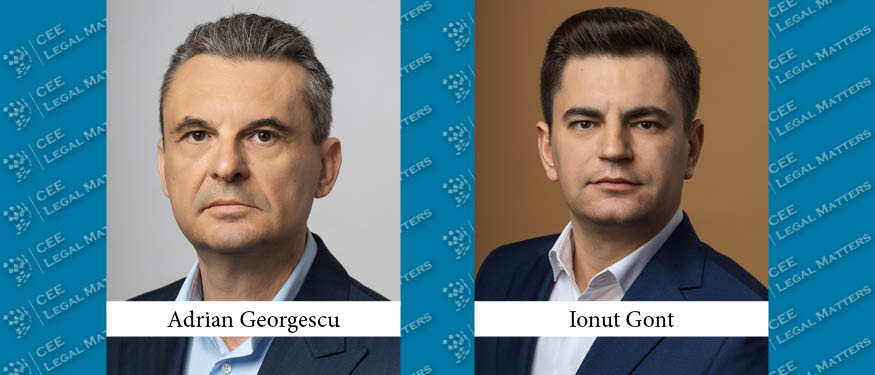An exclusive evidentiary contract is a type of agreement in which the parties undertake to accept the assessment of a person or panel appointed to evaluate certain technical or expert matters related to a specific dispute. This agreement, particularly used in areas requiring technical expertise, functions as an evidentiary contract and carries binding consequences for the parties.
Legal Nature of Exclusive Evidentiary Contracts
Exclusive evidentiary contracts fall within the scope of exclusive evidence agreements. Through such contracts, the parties agree that the dispute will be resolved by the designated experts1. Under Turkish law, evidentiary agreements are governed by Article 193 of the Code of Civil Procedure No. 6100 (“CCP”) and are based on the parties’ freedom to determine the applicable evidence. Reports issued under exclusive evidentiary contracts are considered exclusive evidence under Article 287/2 of the CCP and are binding on courts. In this context, in its decision dated 30.04.2001 and numbered 1654/3738, the 11th Civil Chamber of the Court of Cassation expressly stated that the clause in an insurance policy referring to expert evaluation is not an arbitration clause but an exclusive evidentiary contract. It is widely acknowledged that evaluations which are not binding on the parties or the court should not be classified as exclusive evidentiary contracts, but rather as early neutral evaluations or parts of a settlement process. For example, in its decision dated 03.06.2014 and numbered 2014/8921, the 17th Civil Chamber of the Court of Cassation noted that although a clause requiring referral to an expert in the policy is not a litigation requirement, it may nonetheless be considered a valid evidentiary agreement.
Elements of Exclusive Evidentiary Contracts
For an exclusive evidentiary contract to be valid and enforceable, the following conditions must be met:
- The matter in dispute must require technical or expert evaluation;
- Both parties must expressly and voluntarily agree to the contract;
- The contract must clearly state that the resulting report will be binding on both the parties and the court.
This binding effect distinguishes exclusive evidentiary contracts from ordinary expert reports and requires the parties to definitively accept the evaluations of technical or financial experts whom they have freely chosen2. These contracts are typically used in areas requiring technical or financial analysis. Examples include insurance indemnities, construction projects, and engineering calculations. Naturally, the parties must clearly state that they accept the expert’s determination regarding a specific issue. According to the case law of the Court of Cassation, exclusive evidentiary contracts are deemed valid when concluded freely and voluntarily by the parties and are binding both on the parties and the courts. For instance, in its decision dated 23.07.2008 and numbered 4896/5119, the 15th Civil Chamber of the Court of Cassation held that a report prepared under an exclusive evidentiary contract is binding on the court, but also noted that the report may be annulled if it is contrary to law or equity.
Selection and Authority of the Expert
The selection of the expert under an exclusive evidentiary contract depends on the will of the parties, and the agreement may contain provisions regarding the selection procedure. In practice, the parties may appoint the expert directly or may authorize an independent third party to carry out the selection. The expert’s authority is likewise determined by the parties and is limited to the matters specified in the contract. If the expert exceeds this authority and provides evaluations on matters not stipulated in the agreement, annulment of the report may be raised.
Conclusion and Evaluation
Exclusive evidentiary contracts provide a significant legal mechanism offering a fast and effective resolution in matters requiring technical or specialized assessment. Frequently used in commercial disputes, technical evaluations, and insurance-related matters, such contracts help reduce the courts’ workload and allow disputes to be resolved more swiftly
and by mutual agreement. However, certain points must be carefully considered regarding the validity and enforceability of such contracts. In particular, the parties must enter into the agreement voluntarily and the expert must act within the limits of their designated authority. Otherwise, the reports issued may be subject to annulment. In the future, expanding the scope of exclusive evidentiary contracts and introducing clearer regulations on their binding nature in practice may enable more effective use of this mechanism.
1 Şensöz, A. (2024). Types of Exclusive Evidentiary Contracts. Izmir Bar Association Journal, 89(2), 252–263.
2. Yeşilırmak, A. (2009). Arbitral Expertise as an Alternative Dispute Resolution Mechanism. Dokuz Eylul University Faculty of Law Review, 11(2), 693–738.
By Tarik Guleryuz, Partner, and Aden Guler, Associate, Guleryuz & Partners















